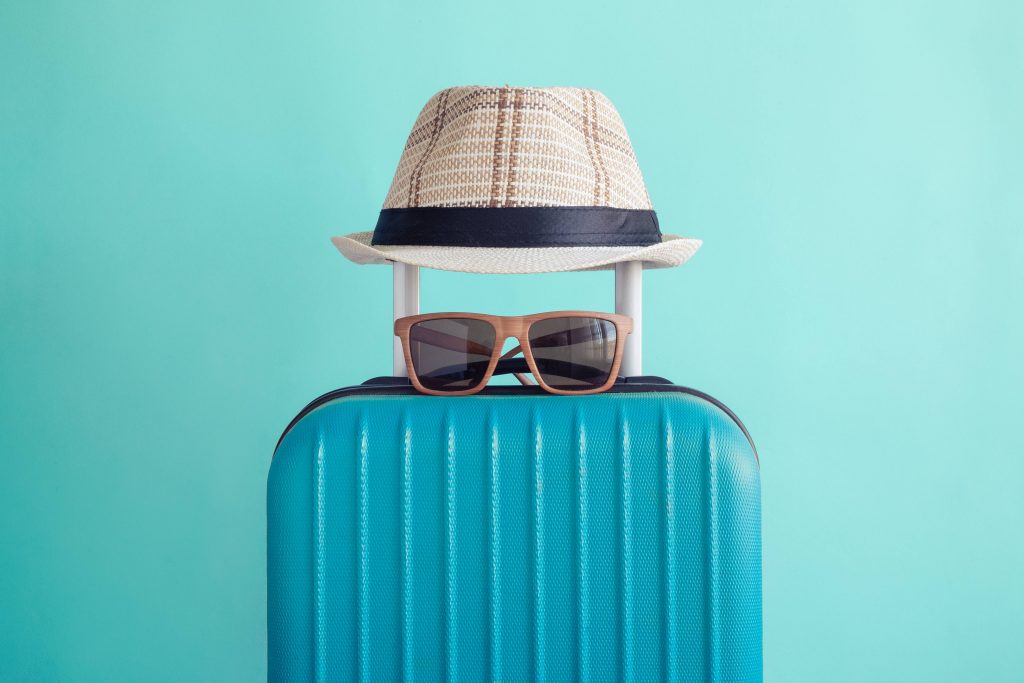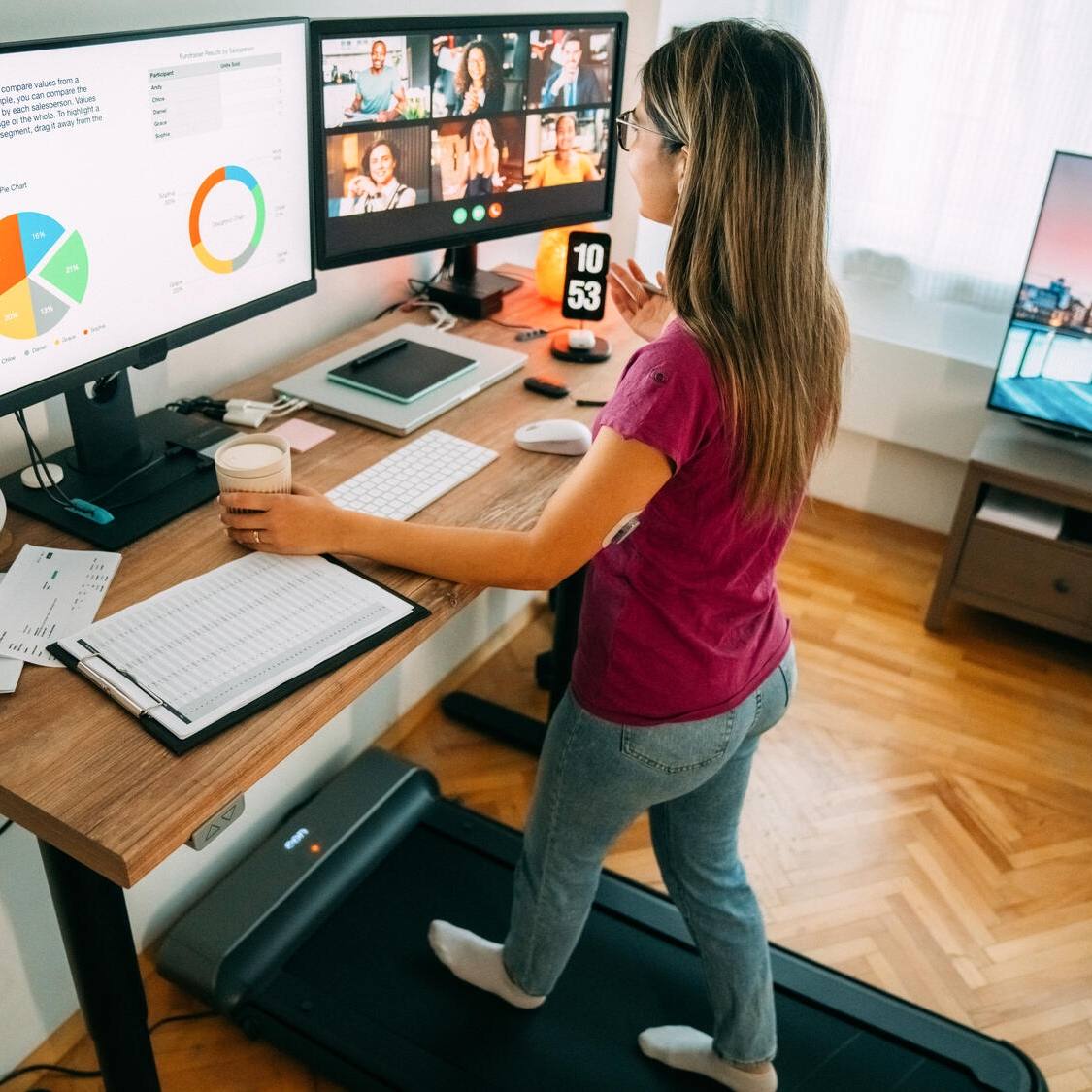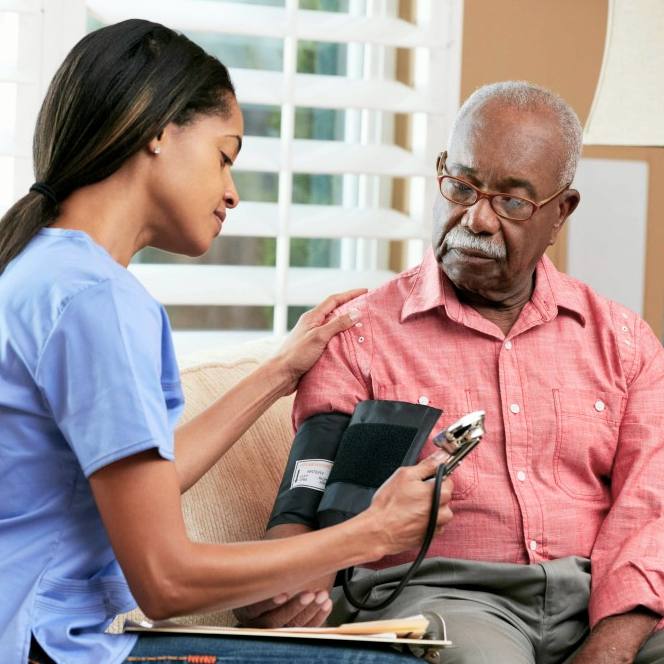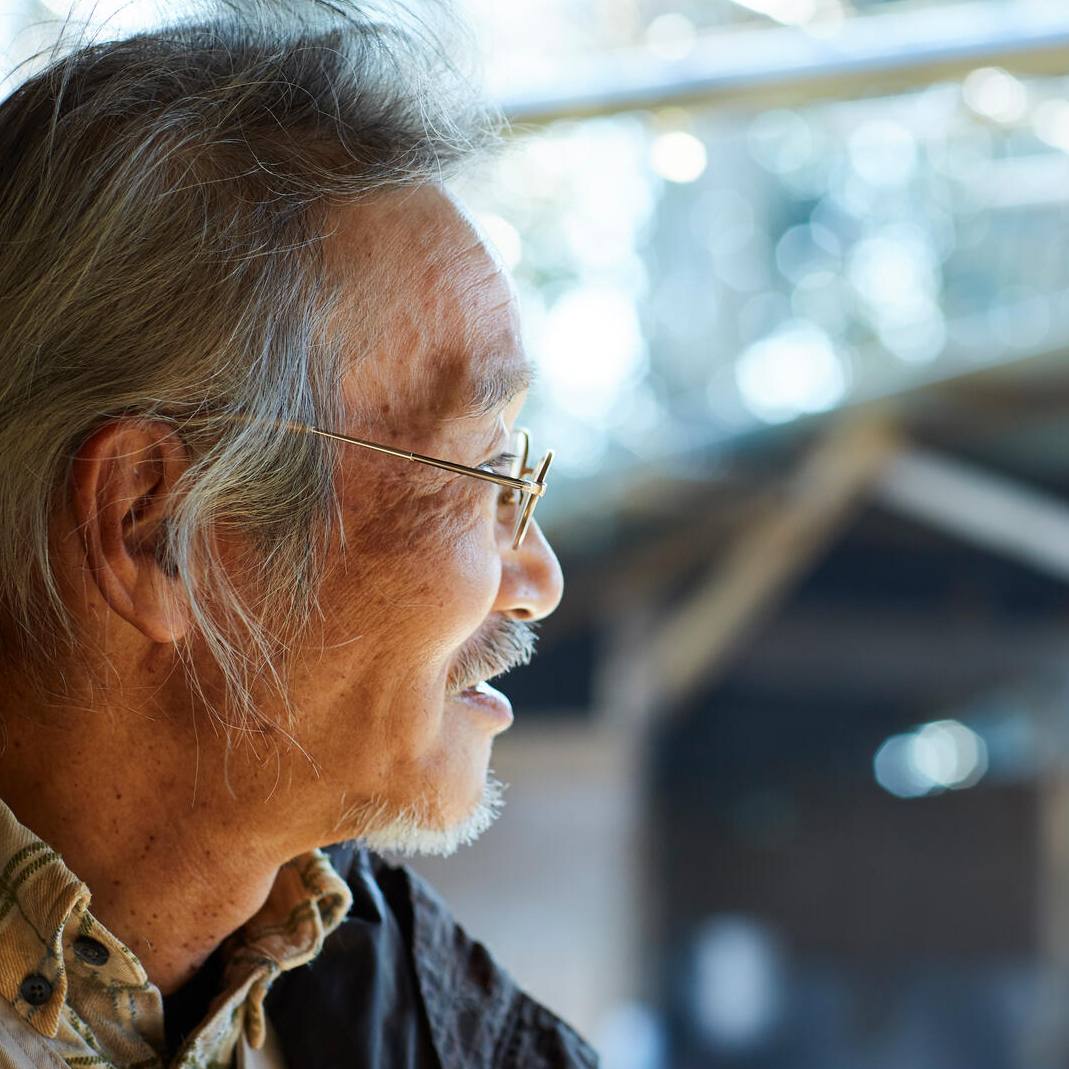-
Cardiovascular
Housecall: Summer vacation travel — beware the bedbugs

THIS WEEK'S TOP TOPICS
Bedbugs
If you're going on vacation this summer, unwanted guests the size of apple seeds may be hiding in your bed. Bedbugs are small, reddish-brown parasitic insects that bite the exposed skin of sleeping humans and animals to feed on their blood. They hide in the cracks and crevices of beds, box springs, headboards, bed frames and objects around a bed. The risk of encountering bedbugs increases if you spend time in places with high turnovers of nighttime guests, such as hotels, hospitals or homeless shelters. Know how to spot the telltale signs of a bite and what precautions you can take to prevent bites and infestations.
Treating migraine headaches
Migraine treatment is aimed at stopping symptoms and preventing future attacks. Medications used to combat migraines fall into two broad categories: pain relief and prevention. Alternative medicine therapies that can reduce chronic migraine pain include acupuncture, biofeedback and cognitive behavior therapy. In addition, there are lifestyle and home remedies that may be helpful. Learn more about each of these options for treating migraine headaches and which might be right for you.
EXPERT ANSWERS
Does soy reduce cholesterol?
Although eating soy-based foods can reduce your low-density lipoprotein cholesterol level slightly — that's the LDL or "bad" cholesterol, the American Heart Association has concluded that soy doesn't significantly lower cholesterol. However, eating soy-based foods still can be good for you and your heart. Learn more from Dr. Francisco Lopez-Jimenez, a Mayo Clinic cardiologist.
Who shouldn't take menopause hormone therapy?
Health care providers prescribe hormone therapy to ease menopause symptoms, such as hot flashes, vaginal dryness and mood disturbances. But hormone therapy isn't appropriate for some women. Learn more from Dr. Shannon Laughlin-Tommaso, a Mayo Clinic OB-GYN.
PLUS ADDITIONAL HIGHLIGHTS
Video: 'Stop Smoking: Why is it so Hard?'
Transient ischemic attack (TIA)
Anaphylaxis: First aid
The Mayo Clinic Diet: A weight-loss program for life
HEALTHY RECIPES
Berries marinated in balsamic vinegar
Strawberries and cream
Pineapple cream cheese pie with berries
Blueberry lavender lemonade
HEALTH TIP OF THE WEEK
Can't sleep? Try daytime exercise
Regular physical activity, especially aerobic exercise, can help you fall asleep faster and make your sleep more restful. However, for some people, exercising right before bed may make getting to sleep more difficult. If that's you, schedule exercise at least a few hours before bedtime.
Need practical advice on diet and exercise? Want creative solutions for stress and other lifestyle issues? Discover more healthy lifestyle topics at mayoclinic.org.
Receive a free e-subscription to Housecall and other health newsletters.







